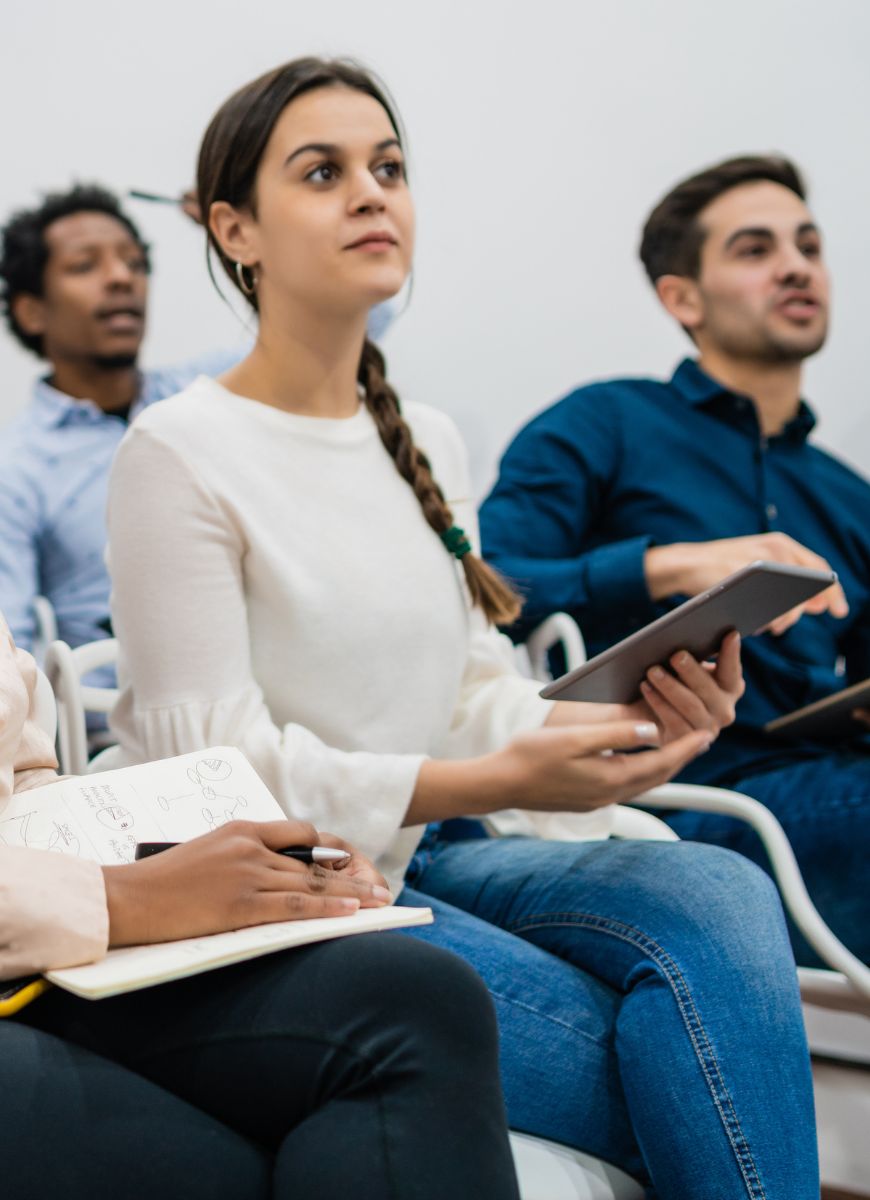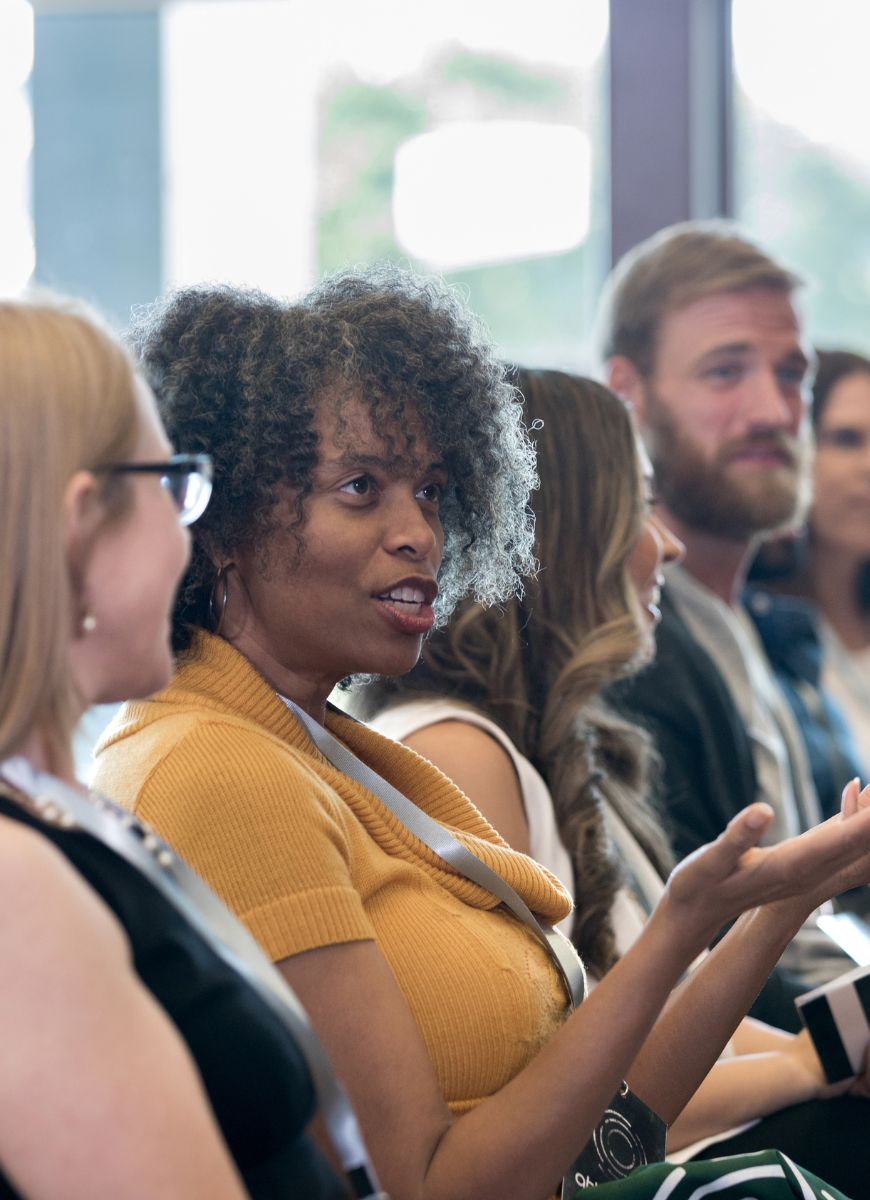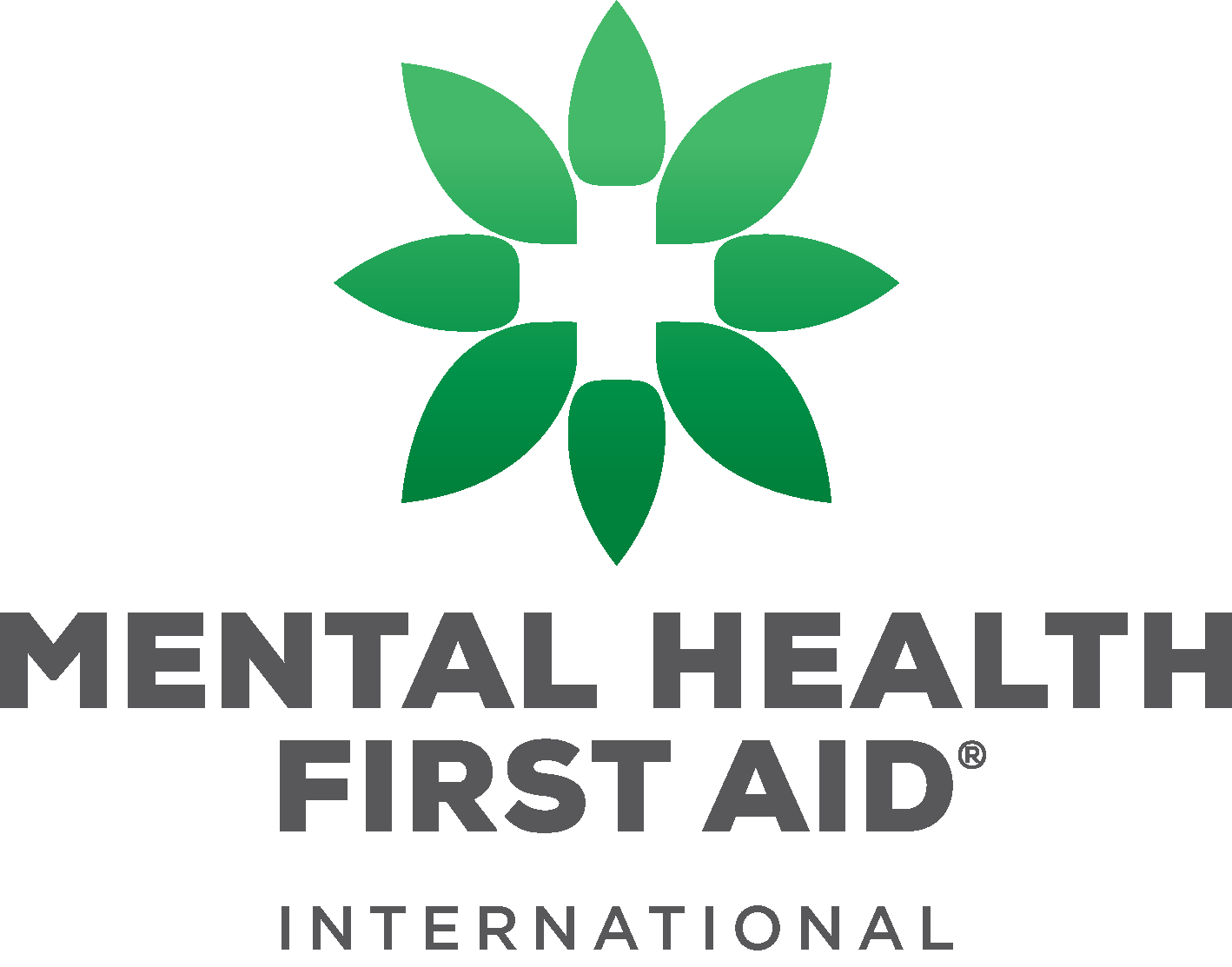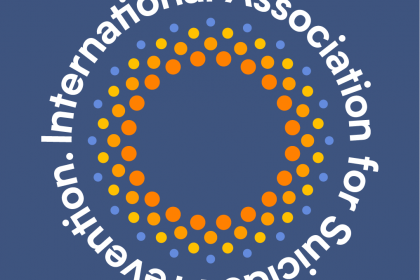

Pre-Congress Workshops
Registration is now open for the following pre-congress workshops. The workshops will be available for delegates to attend and are included in the conference fee. If you wish to participate please indicate your preference when registering; places are limited and will be given in order of registration.

Partnerships for Life – National Strategies Workshop
Facilitated by the Partnershops for Life Steering Group.
The Partnerships for Life (PfL) global programme to prevent suicide, launched in December 2020, is a flagship initiative of the International Association for Suicide Prevention.
The PfL programme aims to establish an international collaboration of experts supporting the development of a comprehensive, strategic approach to suicide prevention, with a view to increasing in the number of nations worldwide committed to the planning, implementation and evaluation of a national suicide prevention strategy. PfL encourages peer learning and facilitates mentorship between countries with established suicide prevention strategies and countries which are at an earlier stage of suicide prevention strategy development.
Six networks, bringing together countries in different regions of the world (Africa, the Americas, Eastern Mediterranean, Europe, South-East Asia and Western Pacific), have been established under the leadership of coordinators with international reputations in the field.
The Partnerships for Life (PfL) pre-congress workshop will focus on the importance and potential positive impact of a comprehensive, national strategic approach to suicide prevention and explore a range of pressing issues, specific to different global regions, including, but not restricted to: contextual threats (social, economic, cultural, political, environmental), resource constraints, limited workforce capacity, research gaps, data quality and availability, comprehensive implementation and appropriate evaluation. In low- and middle-income countries (LMICs) and countries where there is no/little suicide prevention activity, the challenge of securing government buy-in, especially to action across the whole nation, will be addressed.
- Increase our understanding about the planning, implementation and evaluation of national and sub-national suicide prevention strategies, based on a public health prevention model.
- Exchange ideas about how to work effectively with countries at different stages of development of a national strategic approach to suicide prevention.
- Understand how to enhance collaborative partnerships and integrate peer learning insights into the PfL programme.

Early Career Researcher Workshop
Facilitated by Jo Robinson & Olivia Kirtley, assisted by Nikolaj Hoier.
Part 1:
Join us for an engaging and collaborative workshop designed to foster connection, mentorship, and the exchange of ideas. The event kicks off with a keynote address from Olivia Kirtley, who will share her insights on open science and its role in shaping the future of our field, followed by a Q&A session. We’ll also introduce the IASP Early Career Group and IASP Special Interest Groups, highlighting opportunities for involvement and collaboration.
Part 2:
Panel Discussion – Research at risk: how to thrive in uncertain times
Panellists: Emmanuel Nii-Boye Quarshie, Ryn Linthicum.

Suicide among Older Adults Workshop
Cognitive Reappraisal Intervention for Suicide Prevention (CRISP) for Middle-Aged and Older Adults Hospitalized for Suicidality
Facilitated by Dimitris N. Kiosses and Dora Kanelopoulos.
Suicide rates for middle-aged and older adults are high and the risk increases within the first 3 months after a psychiatric hospitalization. Psychosocial interventions for middle-aged and older adults hospitalized for suicidality are limited. Cognitive Reappraisal for Suicide Prevention (CRISP) is a 12-week psychosocial intervention designed to reduce suicide risk in this population within 3 months after discharge from a suicide-related hospitalization. CRISP’s theory of suicide prevention is based on the following assumptions: 1) hospitalization for suicidality is preceded by a personal emotional crisis (“perfect storm”)—hospitalized patients have had difficulty dealing with this emotional crisis, leading to increased suicidal ideation and/or a suicide attempt; 2) this emotional crisis is related to personalized (patient- and situation-specific) triggers; and 3) identifying these personalized triggers and the associated negative emotions and providing strategies for an adaptive response to these triggers and negative emotions will reduce suicidal ideation and improve suicide prevention. CRISP aims to reduce suicide risk by using simplified, easy to administer and use, cognitive reappraisal strategies (i.e., a widely used emotion regulation strategy). The therapists utilize these techniques in situations that trigger negative emotions, suicidal ideation, and suicidal behavior.
The workshop will focus on the clinical applications of CRISP during its 4 stages. Specifically, the four stages include: identification of the “perfect storm”; identification of situations/triggers, negative emotions and thoughts; examination of the utility of negative emotions; personalized cognitive reappraisal techniques. It will also highlight additional aids to utilize the CRISP techniques during periods of stress and heightened negative emotions such as the WellPATH tablet app and written step-by-step plans. The workshop will include clinical training of the techniques, case studies, and discussion on the challenges of helping middle-aged and older adults after a suicide-related hospitalization.
- Identify and overcome the challenges in helping middle-aged and older adults who have been recently hospitalized for suicidality.
- Develop rapport and involve the family when appropriate.
- Identify the “perfect emotional storm”, the personalized triggers and the negative emotions, and develop personalized techniques to reduce the negative emotions associated with suicidal behavior.

Integrating Lived Experience in Program Design Workshop
Facilitated by Bronwen Edwards, CEO Roses in the Ocean
This interactive workshop explores the meaningful integration of lived experience of suicide into program design, emphasizing respectful engagement and collaborative approaches to create more effective and inclusive programs.
Through a range of small group activities, practical application and collaborative discussions, this workshop addresses critical aspects of integrating lived experience, including:
- Assessment of various participatory methods.
- Determining when co-design is (and isn’t) the most appropriate approach.
- Applying essential principles for engaging with people with lived experience
- Key considerations for meaningful integration of lived experience into program design.
By the end of the workshop, participants will be equipped to: - Implement effective strategies for engaging people with lived experience;
- Design more inclusive and responsive programs;
- Create safe and supportive environments for lived experience consultation;
- Embed guiding principles for meaningful integration of lived experience in program design;
- Honour and value lived experience contributions.

Sponsored by:

Creating global circles of safety: a collective approach to mental health first aid
Facilitated by Jakqui Barnfield and Marc Bryant
Mental Health First Aid (MHFA) has established a global network of 8 million individuals equipped to intervene in mental health crises, but how can we ensure its impact reaches communities in low- and middle- income countries and those that prioritise collective mental health?
This pre-congress workshop will explore a new model of MHFA that moves beyond an individualistic approach, focusing on community-driven, culturally responsive mental health support, particularly in low and middle-income countries.
Led by Dr Jakqui Barnfield and Marc Bryant, this interactive 3-hour session will build capacity for those working with populations at higher risk of distress or suicide. The session will draw on insights from the Aboriginal and Torres Strait Islander MHFA program, examining how the world’s oldest living culture’s holistic, collective approaches to mental health and suicide prevention can be integrated into global MHFA frameworks. Participants will explore how to incorporate local knowledge, overcome access challenges, and foster positive mental health in workplaces and communities.
As global megatrends such as conflict, climate change, and economic instability contribute to rising distress, scalable and sustainable solutions are increasingly essential. The session will also explore how technology access issues can be overcome, as well as how we can leverage it to expand MHFA’s reach and impact, building on the success of the past 25 years.
The final 2-hour consultation offers attendees the opportunity to contribute to the development of a world-first global MHFA program that can support low- to middle-income countries, ensuring every community can access evidence-based community-led models of care.
Designed for researchers, practitioners, and workforce leaders, this workshop will help shape MHFA as a collective, global initiative focused on overcoming barriers to disclosure, support, and professional care – ultimately creating circles of safety to strengthen global mental health systems.




